Understanding HVAC Capacitor Failure
An HVAC capacitor is a critical component of your heating and cooling system, essentially serving as the spark plug that jump-starts the motor. Keeping your HVAC system in top shape is crucial for consistent comfort, especially in San Francisco’s diverse climate. So what happens when the HVAC capacitor fails? Discover the causes of this problem and what you can do about it.
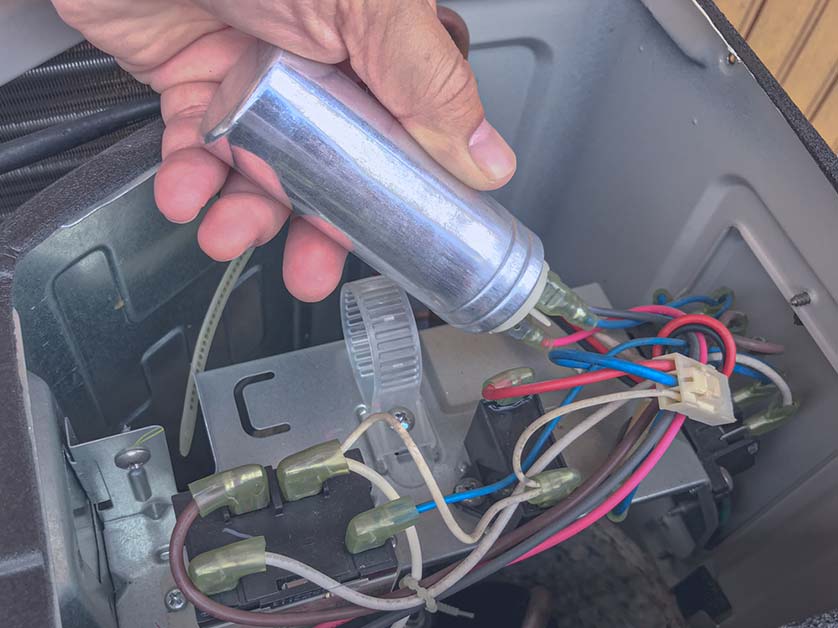
What Causes HVAC Capacitor Failure?
Various factors can contribute to an HVAC capacitor’s failure. Age and wear are key factors as capacitors can break down over time, especially if your system is used frequently. Heat exposure is another culprit that can damage your capacitor. Prolonged exposure to high temperatures can cause the capacitor to overheat and fail. Electrical overload due to sudden power surges can also lead to premature failure. Additionally, lack of proper maintenance is a common cause of failure. Neglecting regular inspections can leave minor issues unnoticed, eventually causing significant damage to your capacitor.
What Are the Signs of HVAC Capacitor Failure?
Capacitors are essential components that store and release electrical energy to help start and run the motor that drives the compressor and fan in your AC unit. When a capacitor goes bad, you will notice several symptoms, such as:
-
Reduced Cooling or No Cooling: One of the most common symptoms of a bad capacitor is reduced cooling performance or insufficient production of cold air. As the capacitor’s ability to store and release energy diminishes, the compressor and fan may not receive the necessary power to function optimally. This can lead to discomfort, especially during hot weather.
-
AC Not Turning On: A broken capacitor may prevent your air conditioner from turning on. The capacitor provides the initial energy boost to start the compressor and fan motors. If it’s not functioning, the AC unit may not start.
-
Frequent Breakdowns: A failing capacitor may cause the AC to cycle on and off more frequently than usual. This rapid cycling can strain the AC system and increase wear and tear on other components. These intermittent problems can lead to frequent breakdowns and the need for repairs.
-
Weak Airflow: A capacitor that is beginning to fail may result in weak airflow from the vents. The fan may not spin at the correct speed, leading to insufficient air circulation in your home.
-
Strange Noises: A failing capacitor can cause unusual noises, such as clicking, humming or buzzing. These noises might be coming from the AC unit or the capacitor.
-
Delayed Start: When you turn on your AC, it may experience a delay before it starts to work. This delayed start indicates that the capacitor is struggling to provide the necessary power to the motor.
-
Overheating of Motors: A bad capacitor can put extra strain on the motors of the compressor and fan. This increased load can cause the motors to overheat, potentially leading to motor damage and the need for costly replacements.
-
Increased Energy Consumption: When the capacitor is not functioning correctly, the AC system may draw more power to compensate for its reduced efficiency. This can result in higher energy bills as the AC has to work harder to provide the desired temperature.
Importance of Regular HVAC Service
Regular HVAC service is crucial to preventing capacitor failure. It ensures your HVAC system operates efficiently and increases the unit’s lifespan. A well-maintained system will ensure your comfort, no matter the weather outside.
Find a Professional Air Conditioning Service in San Francisco
Having your heating and air conditioning systems in prime condition is essential. If you suspect a capacitor issue or need help with your HVAC system, call Schmitt Heating & Air Conditioning at (415) 522-0966 or schedule an appointment through our contact page.
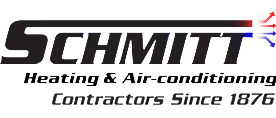


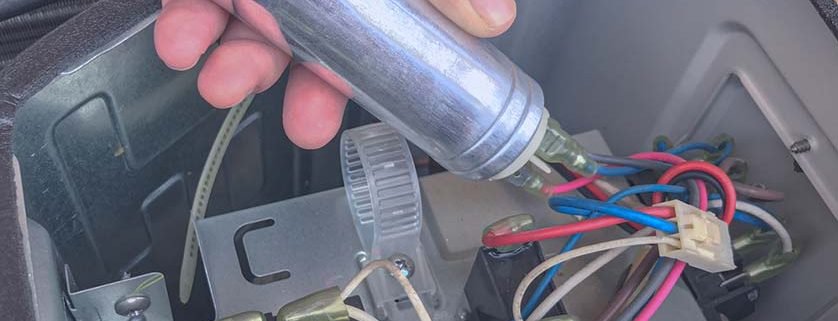
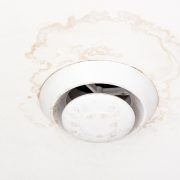
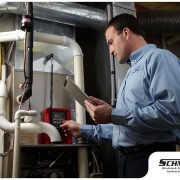
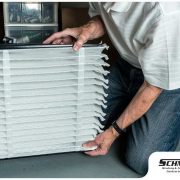

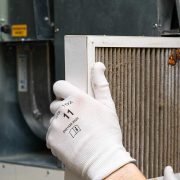
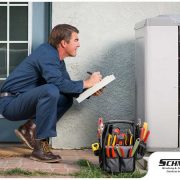
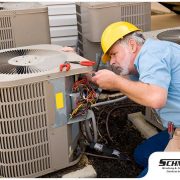
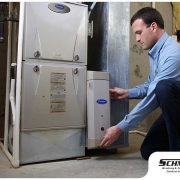



Leave a Reply
Want to join the discussion?Feel free to contribute!